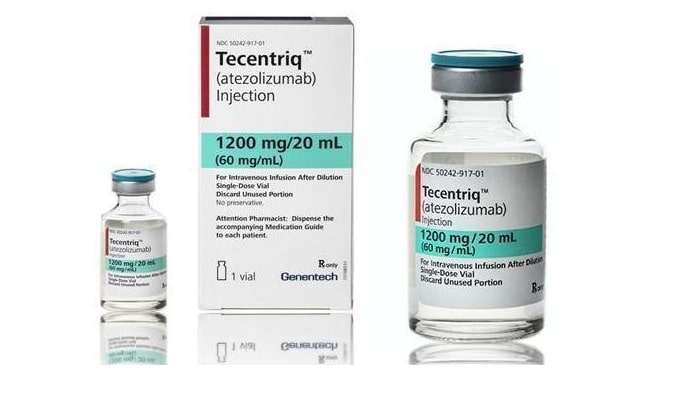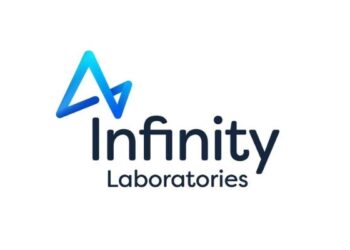Chugai Pharmaceutical has announced atezolizumab and combination of chemotherapy demonstrated a statistically significant improvement in progression free survival (PFS), one of the co-primary endpoints of the phase III IMpower150 study, compared with combination of chemotherapy in previously untreated patients with stage IV non-squamous non-small cell lung cancer (NSCLC).
The IMpower150 study was designed to evaluate atezolizumab with combination of chemotherapy (atezolizumab, carboplatin, paclitaxel and bevacizumab) compared to combination of chemotherapy (carboplatin, paclitaxel and bevacizumab) in the first line treatment patients with stage IV non-squamous NSCLC. Initial observations for another co-primary endpoint of overall survival (OS) analysis are encouraging. These data are not fully mature and the next OS analysis will be expected in the first half of 2018.
The safety profile of atezolizumab and bevacizumab plus chemotherapy combination appeared consistent with the known safety profile of the individual medicines, and no new safety signals were identified with the combination. The data of the IMpower150 study will be presented at the European Society for Medical Oncology (ESMO) Immuno Oncology Congress in Geneva, Switzerland in December 2017.
“Lung cancer is third most frequent cancer among Japanese1). High unmet medical needs exist especially in advanced non-squamous NSCLC. We are pleased that the combination of atezolizumab and chemotherapy demonstrated an improved PFS this segment compared to chemotherapy alone,” said Dr. Yasushi Ito, senior vice president and head of the Project Life Cycle Management Unit. “OS will be also investigated in future data analyses. We hope atezolizumab can further bring benefits to patients by showing improvement in OS.”
The global phase III, multi-center, open label, randomized controlled study designed to evaluate the safety and the efficacy of atezolizumab in combination of chemotherapy compared to chemotherapy in previously untreated patients with stage IV non-squamous NSCLC.
The study’s co-primary endpoints include: PFS in all randomized people without an ALK or EGFR genetic mutation (intent to treat wild type, ITT-WT) and T-effector gene signature, “Teff” selected sub group people. This analysis of the study’s endpoint of PFS was only statistically powered to demonstrate a comparison between Arm B versus Arm C.



















